“Trauma is not what happens to us, but what we hold inside in the absence of an empathetic witness.”
Aletheia Coaching is a trauma-sensitive method for developmental coaching
Living and working in this world, especially in these times, can feel stressful and even traumatizing. We used to believe that only a vast minority of people were traumatized. However, a new understanding of trauma has emerged. We now know that trauma exists on a continuum from so-called little 't' trauma to big 'T' complex trauma. Few people have complex trauma, although more do than you might suspect. However, we all have little 't' trauma.
Trauma is not what happens in a traumatic event. Instead, trauma is what lives on in the body and the nervous system after the event is over when that experience hasn't been fully metabolized. Trauma is not a life sentence. A trauma-sensitive approach to coaching can help clients metabolize and release little ‘t’ traumas. It can also help the coach understand when to refer the client to trauma therapy.
“The bodies of traumatized people portray “snapshots” of their unsuccessful attempts to defend themselves in the face of threat and injury. Trauma is a highly activated incomplete biological response to threat, frozen in time.”
When a person is traumatized, they lose contact with themselves, others, and the surrounding world. This negatively affects their quality of life, relationships, health, and sense of place, purpose, and belonging. Trauma interferes with deepening adult development, which is why it needs to be addressed in every method of developmental coaching.
Over the last decade, more and more fields outside of psychotherapy have realized the necessity to adopt trauma-informed or trauma-sensitive ways of serving their clients, notably school teachers, bodyworkers, yoga teachers, and clergy. Even leaders and managers are starting to become more trauma-informed. Coaches too need to become more trauma-sensitive, yet few coaching methods offer this. Aletheia Coaching is different.
Trauma-sensitive developmental coaching is not trauma therapy. Instead, it is a trauma-sensitive approach to coaching that effectively works with the Parts of us that feel hurt and the disruptive somatic-emotional-cognitive defenses that we develop in turn. These defenses and armoring try to protect the client from feeling hurt and interfere with self-contact, empathy for others, and deepening development.
“Every developmental coach must be fluent in how to recognize and work with trauma in the coaching context and understand when it is necessary to refer their client to trauma therapy.”
Aletheia Coaching offers a comprehensive approach to trauma-sensitive coaching.
In Level 1, you will learn how to coach and facilitate Parts Work, Process Work, and Presence Work through Aletheia Coaching. Through working at each of these depths in a seamlessly integrated way, you will be able to help clients identify the Parts of them that are hurt and traumatized, help them relax and release unnecessary defenses and armoring, and help them unfold deeper and more present-centered and resourceful experiences of themselves.
In Level 2, you will learn how to coach and facilitate Parts Work, Process Work, and Presence Work somatically through Aletheia Breathwork, a style of Post-Reichian breathwork and emotional tension release. This gives you a powerful somatic modality for coaching in general and one that is especially helpful for supporting the natural process of trauma release. You will learn how to spot clients who are either dissociating or flooding in coaching conversations and how to help them recover present-centered resourcefulness in the moment.
In Level 3, you will learn how to coach and facilitate Parts Work, Process Work, Presence Work, and Nondual Work through Aletheia Meditation. Nearly all successful ways of working with trauma adopt a mindfulness-based approach. Furthermore, the comprehensive approach to meditation offered by Aletheia Meditation can help clients experience and realize Nondual states of consciousness. The Depth of Nonduality is the ultimate secure base, the very deepest ground of contact and empathy. Nondual Work offers a uniquely potent approach to working with trauma.
In Level 4, you will learn how trauma manifests as conflicts between Qualities of Presence. This conflict prevents the full realization of these qualities. Through the practice of Nondual Work, you will learn how to release the constructions, conditioning, and contractions and the conflicts that they create.
In the Advanced Coaching Program, you will learn how to recognize when your clients are traumatized and adapt your coaching accordingly. You will also learn how to recognize when clients are suffering from complex trauma, requiring you to refer them to a trained trauma therapist.
The Advanced Coaching Program will help you develop into a skilled and empathetic witness, as Peter Levine says. You will learn practices that you can use within coaching conversations that can provide immediate support for the natural process of trauma release. You will learn which somatic practices can be helpful for traumatized clients and which are probably not.
Most importantly, the self-development aspects of Levels 1, 2, 3, and 4 will help you to release your own trauma so that you deepen your ability to be present, open, and in contact with your clients, whether they are traumatized or not.
Aletheia Coaching is a next-generation method of coaching for adult development support that is trauma-sensitive. It is not a method for “trauma coaching” specifically. Clients who know they are struggling with significant unmetabolized complex trauma are recommended to seek out trauma therapy from a trained professional. Most clients that come to Aletheia Coaches struggle in relationships, at work, or with their health. Or they are specifically seeking support for their self-development. Because every client has experienced a variety of little ‘t’ trauma and trauma thwarts development, coaches must have a skillful way of recognizing and working with trauma in the process of helping clients learn new skills and develop new ways of being. In these times, trauma-sensitivity has become an essential coaching competency.

